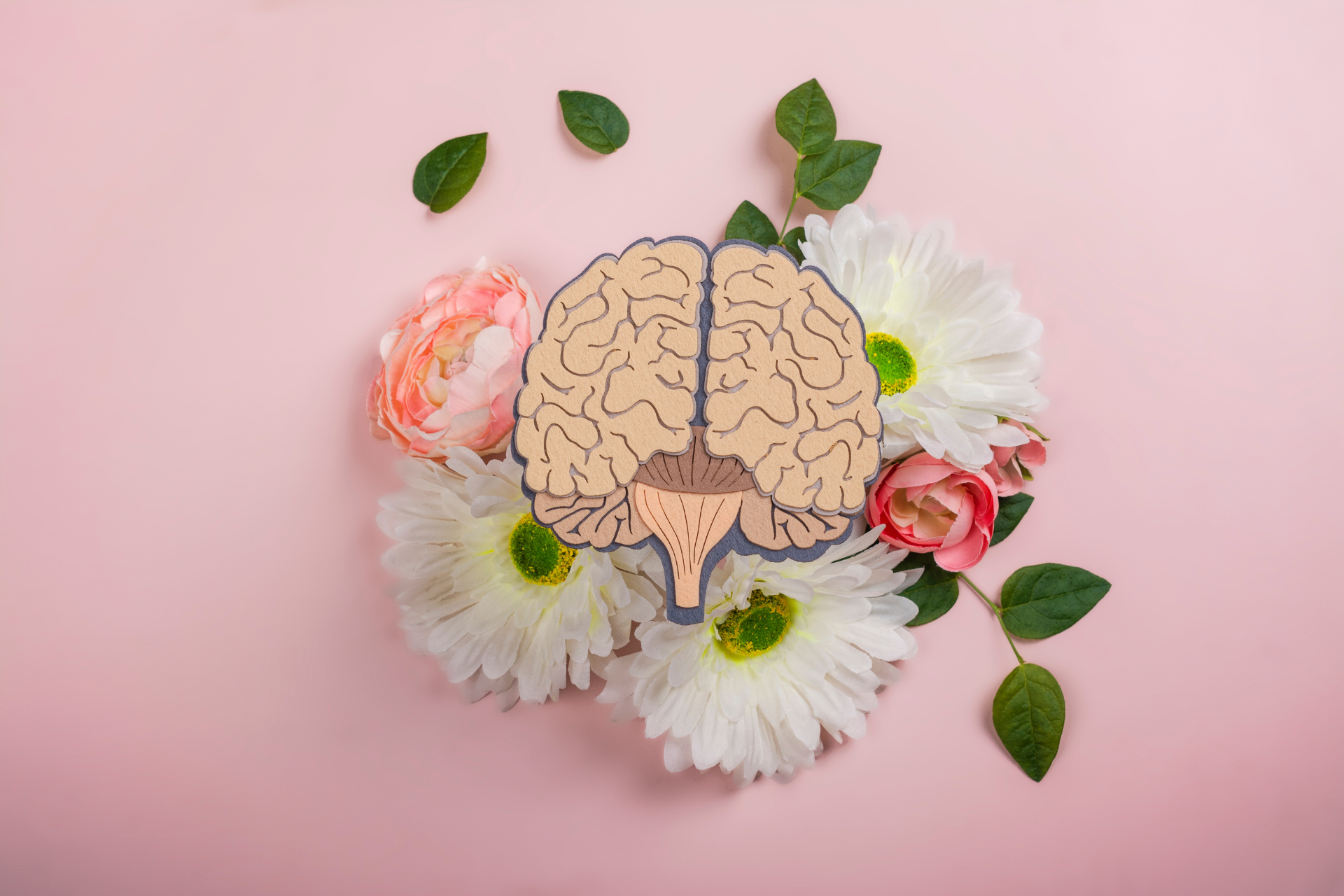Why Early Mental Health Treatment is Crucial for Long-Term Recovery
Key Takeaways:
Early intervention is crucial: Early mental health treatment can prevent the worsening of symptoms, improve quality of life, enhance functioning, and reduce the risk of self-harm.
Long-term treatment is beneficial: Continuing with treatment, even after symptoms improve, can help maintain stability, reduce stigma, improve relationships, and increase self-awareness.
Overcoming barriers: Addressing stigma, expanding access to care, normalizing mental health treatment, and providing support can help individuals overcome barriers and seek the help they need.
Seeking help is essential: If you or someone you know is struggling with mental health, reaching out to a mental health professional or crisis hotline is crucial for long-term recovery.
Mental health is a leading topic in today’s society. As more information comes out and paradigms in wellness are shifting, we have seen a greater push for learning and understanding mental health treatment. Although mental health is equally as important as physical health, it often receives less attention. Many people struggle with mental health conditions, such as anxiety, depression, and bipolar disorder. While these conditions can be challenging to manage, early intervention and mental health treatment can significantly improve long-term outcomes.
The Importance of Early Intervention
Early intervention in mental health treatment is crucial for several reasons:
- Prevention of Worsening Symptoms: When mental health conditions are left untreated, symptoms can worsen over time. Early intervention can help prevent the escalation of symptoms and the development of more severe conditions.
- Improved Quality of Life: Timely treatment can help individuals manage their symptoms and improve their overall quality of life. This can include increased energy levels, improved mood, and better relationships with loved ones.
- Enhanced Functioning: Early intervention can help individuals maintain their ability to work, study, and engage in social activities. This can lead to greater independence and a sense of accomplishment.
- Reduced Risk of Suicidal Thoughts and Behaviors: Early treatment can significantly reduce the risk of suicidal thoughts and behaviors. By addressing underlying mental health issues, individuals can develop healthier coping mechanisms and reduce the risk of self-harm.
The Benefits of Long-Term Treatment
While early intervention is essential, long-term mental health treatment is equally important. Continuing with treatment, even after symptoms improve, can help prevent relapse and maintain overall well-being.
Here are some of the benefits of long-term mental health treatment:
- Stability and Resilience: Long-term treatment can help individuals develop the skills and strategies needed to manage their mental health conditions and build resilience.
- Reduced Stigma: By seeking ongoing mental health treatment, individuals can help reduce the stigma associated with mental illness and encourage others to seek help.
- Improved Relationships: Mental health treatment can help individuals develop healthier relationships with loved ones by improving communication skills and emotional regulation.
- Greater Self-Awareness: Long-term treatment can help individuals gain a deeper understanding of themselves and their mental health conditions, leading to greater self-acceptance and self-compassion.
- A Journey of Recovery: Long term mental health treatment can show individuals that life is a journey. Implementing daily wellness practices, utilizing different skills to support themselves, and understanding that healing isn’t linear can help with mental sustainability. It can also help with the ability to process and overcome things more manageably.
Overcoming Barriers to Early Treatment
Despite the benefits of early intervention, many people face barriers to seeking mental health treatment. These barriers may include:
- Stigma: The stigma associated with mental illness can prevent people from seeking help.
- Lack of Access to Care: Limited access to mental health professionals and affordable treatment options can be a significant obstacle.
- Fear of Judgment: Fear of being judged or misunderstood by others can deter people from seeking help.
- Misconceptions about Treatment: Misunderstandings about the effectiveness of treatment and the process of therapy can discourage people from seeking help.
Breaking Down Barriers
To overcome these barriers, it is essential to:
- Promote Mental Health Awareness: Education and awareness campaigns can help reduce stigma and encourage people to seek help.
- Expand Access to Care: Increasing the availability of mental health professionals and affordable treatment options can make it easier for people to access care.
- Normalize Mental Health Treatment: Encouraging open conversations about mental health can help normalize seeking help and reduce the fear of judgment.
- Provide Support and Encouragement: Offering support and encouragement to those struggling with mental health can help them overcome barriers and seek the help they need.
Early mental health treatment is a critical step towards long-term recovery. By addressing mental health concerns promptly and seeking ongoing treatment, individuals can improve their quality of life, build resilience, and achieve their full potential. If you or someone you know is struggling with mental health, please reach out to a mental health professional or call a crisis hotline.
Austin State Hospital stands as a cornerstone of long-term mental health treatment, providing comprehensive care and support to individuals in need. This dedicated facility has a long history of promoting mental health recovery and fostering hope. Friends of ASH, a committed organization, plays a vital role in enhancing the treatment journey of individuals at the hospital. Through their collaborative efforts, Austin State Hospital and Friends of ASH work together to create a supportive and nurturing environment that prioritizes the well-being of those seeking mental health treatment. To learn more about the initiatives and upcoming opportunities to support their mission, visit
friendsofash.org.
Here are 4 FAQs about mental health and early treatment:
- What are the signs of a mental health condition? Signs of a mental health condition can vary widely, but common symptoms include persistent sadness, anxiety, changes in appetite or sleep patterns, difficulty concentrating, feelings of worthlessness, and thoughts of self-harm. If you notice these symptoms, it's important to seek professional help.
- How can I encourage someone to seek mental health treatment? Encourage open and honest communication, express your concern, and offer your support. Avoid judgment and be patient. Help them find a qualified mental health professional and offer to accompany them to their first appointment.
- Is mental health treatment effective? Yes, mental health treatment is effective for many people. With appropriate treatment, individuals can manage their symptoms, improve their quality of life, and recover.
- What are some common mental health conditions? Common mental health conditions include:
- Depression
- Anxiety disorders
- Bipolar disorder
- Schizophrenia
- Eating disorders
- Post-traumatic stress disorder (PTSD)
All Rights Reserved | Friends of Austin State Hospital
Website by EGS Marketing Solutions
All Rights Reserved | Friends of Austin State Hospital
Website by EGS Marketing Solutions
All Rights Reserved | Friends of Austin State Hospital











